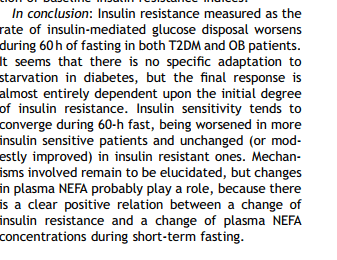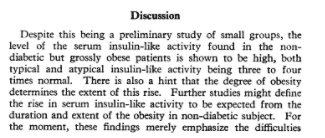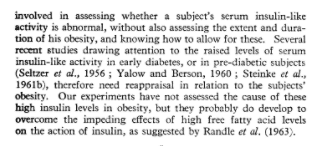DuggaDugga
Member
- Joined
- Jun 7, 2017
- Messages
- 204
Maybe what’s beneficial here is to define fasting contextually. Do you mean, instead of eating microwaveable meals and seed oil fried foods you’re not eating? Yeah, i suppose there’s an argument to be made for not eating at all rather than eating toxic preservatives and PUFA, in the short term. Or do you mean that, in response to a natural hunger response you’re going to just not eat organic, whole foods that replenish your hepatic glycogen, provide substrates for glutathione synthesis, maintain insulin sensitivity, promote thyroid activation, and other fundamental physiolocal processes supporting general well-being. If you’re talking about the latter, you’ll have to provide good evidence that high thyroid and low cortisol are undesirable. Otherwise it simply makes no sense to me you would just not respond to your appetite. Anecdotally, nothing elevates my mood like a nice meal. Scientifically, nothing about chronically elevated stress hormones for the sake of an ideological approach to diet strikes me as appropriate. But by all means, provide evidence that says fasting is better than eating healthy food, as I’ve provided you evidence of the undesirable physiological consequences to fasting already. In the mean time, I’ll be frying up some liver in butter to top with Parmesan to go with leftover collared greens :) more for me!



